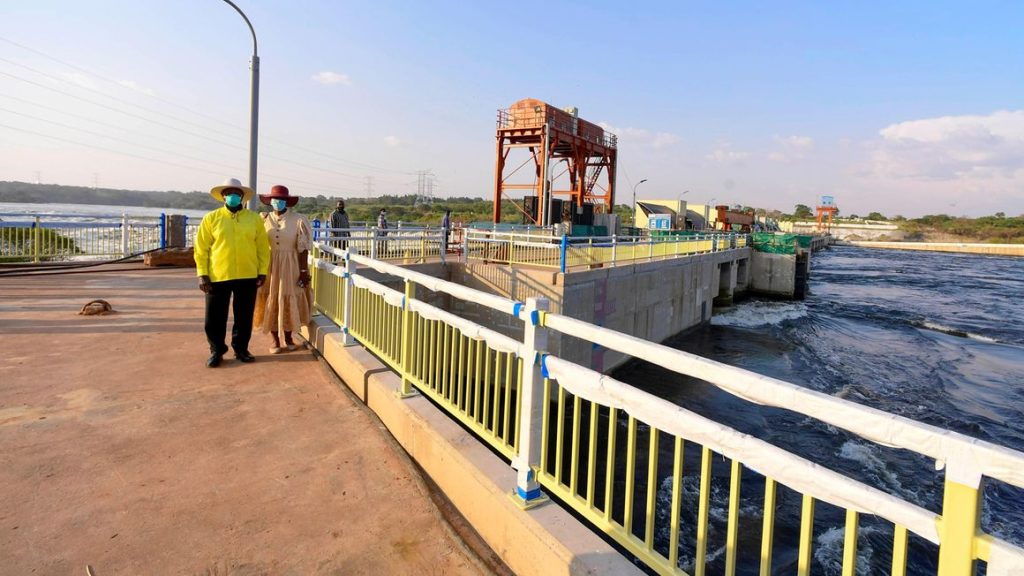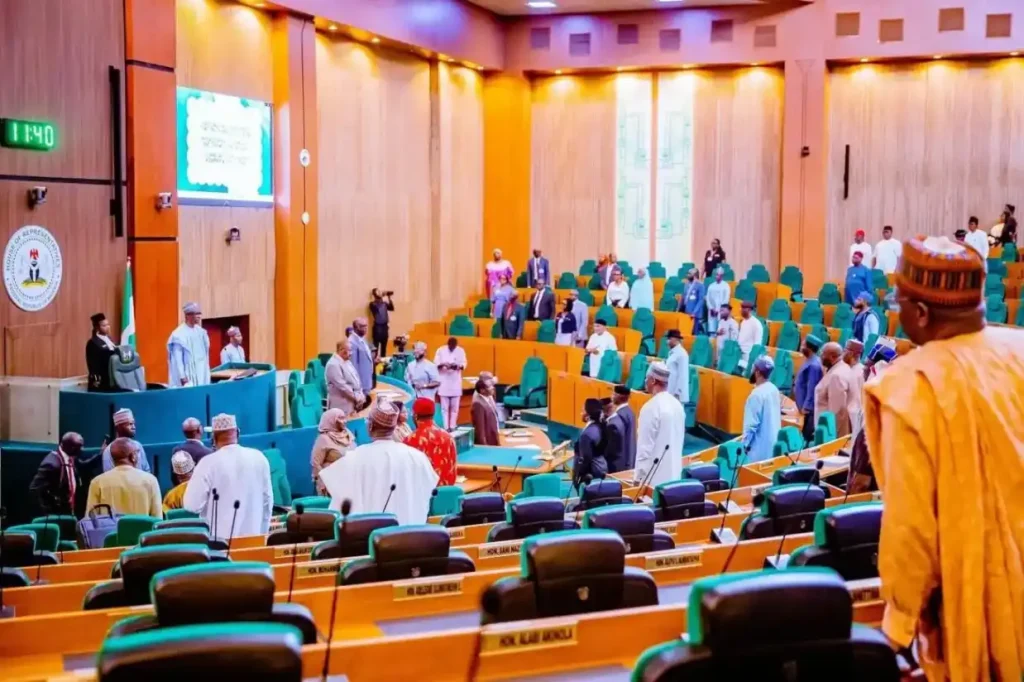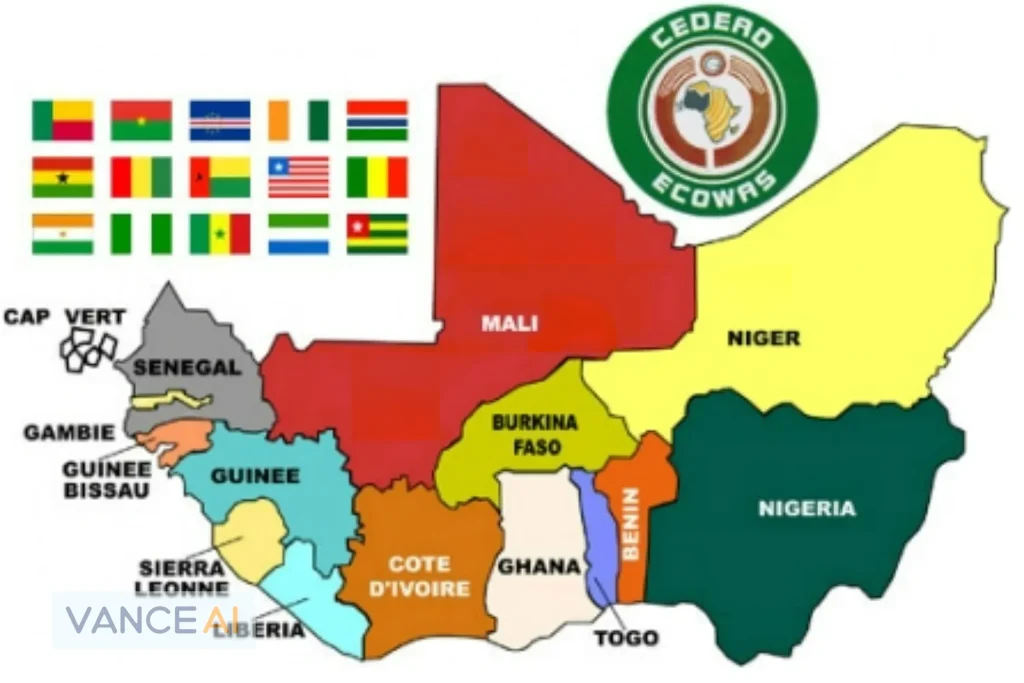After 11 long years of construction, Uganda’s flagship hydropower project, the Karuma Dam, was finally completed and officially commissioned on Thursday. This marks the end of a complex and challenging journey, filled with technical issues, disputes between the government and the contractor, and other unexpected obstacles.
The project began back in December 2013, when construction of the tunnel-designed power station, an interconnection station, and high-voltage transmission lines was launched. The entire project cost $1.688 billion, with $1.435 billion coming from a loan provided by the China Exim Bank. The remaining amount was funded by Uganda’s government through its energy fund.
Now, the Karuma Dam can generate up to 600MW at peak capacity, bringing Uganda’s total installed capacity to just over 2,000MW—an impressive increase from the 380MW the country had back in 2005. This electricity is produced from a mix of hydro, solar, and thermal energy sources, with hydroelectric power being the main contributor.
During the commissioning ceremony, President Yoweri Museveni highlighted the importance of affordable and reliable electricity for building a modern economy. He recalled a time in the 1990s when a Norwegian independent power producer proposed building a 200MW dam at Karuma Falls, insisting that it was the highest capacity possible. However, President Museveni was not convinced and sought a better solution. When the Chinese entered the picture, they proposed a tunnel design that would increase the power generated using the same water flow, and they also agreed to co-fund the project.
Despite celebrating this major milestone in Uganda’s energy sector, there are still some issues that need to be addressed. At least 21 families displaced by the power dam, which spans 4.6 square kilometers, have yet to be resettled. Energy Minister Ruth Nankabirwa noted that while the resettlement process has achieved 95 percent completion, some families are still pursuing civil lawsuits.
President Museveni offered to provide housing materials for the displaced families, but concerns were raised about the environmental impact of the proposed resettlement area, which is close to a national park and home to elephants. One displaced woman voiced her fear that the area might lead to human-wildlife conflicts.
The construction of the Karuma Dam faced significant challenges from the start. Initially expected to be completed within 60 months, the project ran into technical difficulties early on. Cracks were discovered in the spillway concrete works, leading the Chinese contractor, Sinohydro Corporation, to halt construction for several weeks.
In May 2016, experts from Sinohydro acknowledged the defects and agreed to fix the cracks, assuring that they would not affect the dam’s overall functionality. Similar issues arose with the Isimba hydropower plant, a 183MW project upstream of Karuma, prompting President Museveni to establish a project steering committee to oversee the contractors and ensure that the dams were completed on time.
The COVID-19 pandemic further delayed construction as global travel restrictions prevented engineers from China from flying in. Even after these restrictions were lifted in October 2021, more delays followed due to non-conformities in the electrical-mechanical systems, leading to disputes between the Ugandan government and Sinohydro.
At the dam’s commissioning, officials focused on the achievements rather than the technical difficulties that had plagued the project over its 11-year construction period. Dr. Badru Kiggundu, the former chairman of the project steering committee, mentioned the challenge of vandalism, which at one point caused five towers to fall in a single night, further delaying the project.
With Karuma now operational, Uganda’s Energy Permanent Secretary, Irene Batebe, emphasized that the work is far from over. The country is exploring additional energy sources, including geothermal and nuclear energy, with a goal of reaching an installed capacity of 52,481MW by 2040.
Uganda has ambitious plans to generate 24,000MW from nuclear energy alone, which would make up nearly half of the country’s total energy mix. Last year, the Ugandan government signed a memorandum of understanding with Korea Hydro and Nuclear Power Company Ltd to build the country’s first nuclear facility, a 2,000MW plant in Buyende, eastern Uganda, at an estimated cost of $9 billion.
The government’s energy strategy also includes plans to construct the 840MW Ayago power station in northern Uganda, further boosting the country’s energy capacity and supporting its long-term economic development goals.























